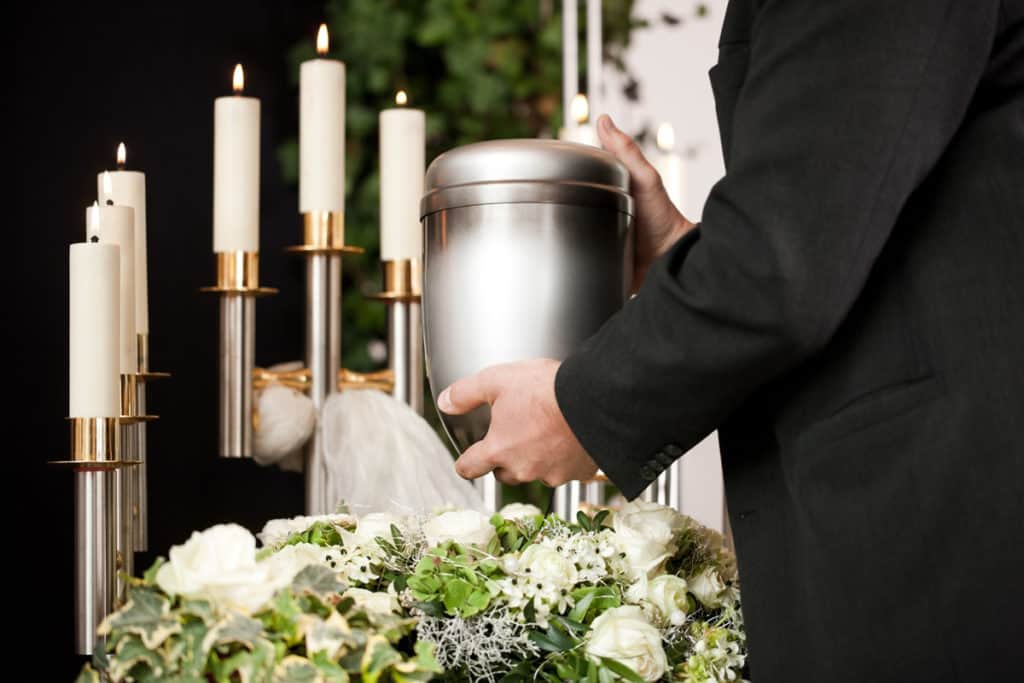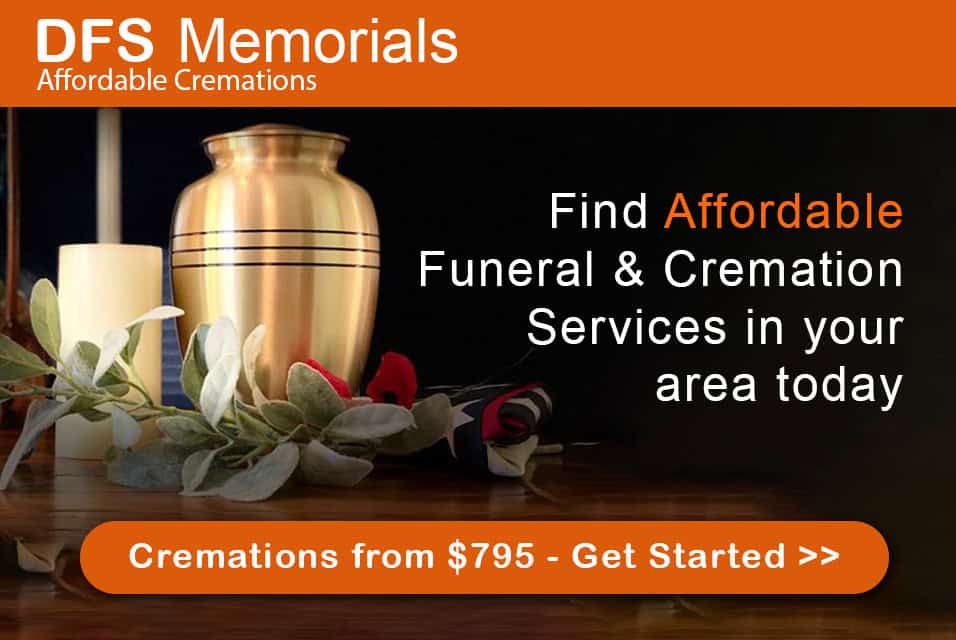The transition from a home funeral to funeral home
What we consider a ‘traditional’ American Funeral today is quite different from the practice of funerals that occurred across our nation over two hundred years ago. Before the American Civil War home funerals were the general practice. By the mid-nineteenth century, the preservation of bodies by embalming was becoming more widely practiced, especially where the transportation of the deceased was required. Undertakers began to appear as a tradesman, often as a part-time trade attached to a livery or stables.
As urbanization developed, so the practice of home funerals began to decline, people started to lack both the ceremonial and social mechanisms that had sustained this practice. In larger urban areas this led to establishments opening up as funeral parlors and the profession of the undertaker began to develop.

From Undertaker to Funeral Director
By the turn of the century what had once always occurred in the domain of the home, now occurred in funeral parlors and the term of undertaker was starting to be replaced by ‘funeral director’ as the trade attempted to establish itself as a profession. The National Association of Funeral Directors (NFDA) was formed and worked with those in the industry to ensure the transition from ‘coffin-maker’ to ‘death care professional’ became entrenched into our culture.
The transition from wooden coffin to steel casket
The business of casket sales emerged as a whole new industry as the death care business became more commercialized. Caskets were marketed as offering preservative or protective qualities, and a whole range of casket choices evolved including ranges of metal and steel caskets.
Embalming was encouraged, and the profession of funeral directors embraced their status as keepers of the public health at a time when diseases were prevalent. As communities became more diverse in American society, so funeral homes were established to serve different ethnic or religious groups. There are now at least two to four times as many funeral homes in a State as are necessary to cater to the population.

Indeed the business of ‘death care’ became an industry. In fact, what had once been a localized community practice, a family practice passed on through generations, evolved into a corporate entity. By the mid-twentieth century, the ‘death’ industry was being reshaped by companies such as Dignity Memorial (part of Service Corporation International) and a new era in the American ‘traditional’ funeral emerged.
A traditional funeral in the 21st Century
And so it is today that when arranging a funeral you will most likely be dealing with a traditional family-owned funeral home, or a corporate company, or in many cases both. SCI operates many of its 1,500 funeral service locations across America still trading as the family businesses they have been for decades. Whether you do deal with a Dignity branch or an independent funeral business, for a traditional American funeral today you can expect the services of a funeral director to complete basic paperwork, transport the body to the funeral home and cemetery, a visitation or viewing and a memorial ceremony. In most cases, this will include a basic casket for interment or cremation.
A range of ancillary services, all at an additional cost, can supplement this basic ‘full service’ or traditional funeral. A funeral home will be able to provide additional vehicles for transporting family, services of clergy or celebrant, optional choices for the provision of a casket, services relating to interment, embalming, funeral flowers, memorial books, and obituaries.
A return to ‘traditional’ values – the death of the funeral home
It is often said that all things come full circle, and it appears that the cultural notion of the ‘traditional American funeral’ is doing just that. This tradition that has held steadfast for the past two hundred years or so, has begun to change in just the past few years. Families are once again taking more of an active role in the preparations for a funeral, funerals are becoming less traditional and more personalized, and DIY, or home funerals, are once again emerging.

Many Americans are rejecting the notion of elaborate and expensive traditional funerals in favor of a simple burial or cremation service. A need to reduce death care costs is certainly a driving factor behind this shift, but also people are deciding they have different priorities when it comes to taking care of their dead.
It is highly likely that we are about to witness a new epoch in death care in the United States. The cremation rate is steadily increasing, already at 55%, and forecast to reach around 70% within another 5 years. Traditional funeral homes are seeing revenues decline, and many are now serving wider geographical areas to help maintain their turnover. This will inevitably mean that some funeral homes will close down.
Those that remain will need to become more versatile in order to compete within their industry. Already we are seeing traditional funeral homes opening up new cremation companies and funeral homes that are adapting to cater to life celebrations and become a more central hub to their community, than just a funeral parlor or mortuary.
Related Articles:
- DIY Funeral Care
- US Funeral Homes Adapting to Host Weddings and Other Life Celebration Events
- How many funeral homes are creating a new cremation arm to optimize the market place
- Caskets and Supermarkets
Resources:

